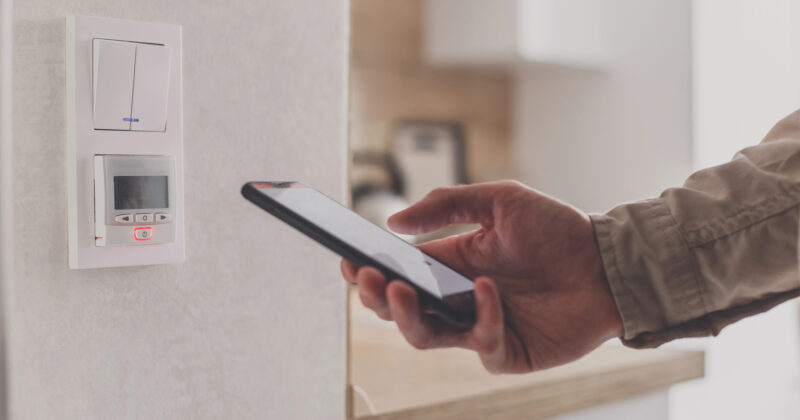Many businesses never even think about it until it happens, but the consequences can be terrible.
All of a sudden your WordPress website goes down. It has been hacked and now all of your customer’s information has been compromised.
Hackers have made quick work redirecting your website somewhere else, so all (or a lot of) your website visitors never even see your website.
Not only has this potentially ruined or severely damaged your business, but also your customer’s trust.
Too often businesses don’t think about the security of their website until it is too late. However, if you take an active role in ensuring that your site is secure from the beginning, you can help prevent this stressful situation from happening to you.
Note: if the above scenario describes you, you should contact a website hack cleanup company right away.
Your WordPress Web Hosting Company
It all begins when you choose your WordPress hosting company. Some web hosting companies take security more seriously than others, while some web hosting companies don’t exercise due diligence in ensuring security across the board. Ask your web hosting company how they approach the security for your website.
Private web hosting is typically more secure than public web hosting, which is often shared with many other users. It takes a little more work on your behalf to host your own website, but this gives you complete control of all security-related issues.
Encrypted Connections
Always use encrypted connections when you are transferring sensitive customer data, including the login page for your website where you enter your name and password. Anytime the data passes between your site and a user such as yourself, it should be encrypted. Otherwise, the data is sent in plain text and anybody to intercept it can read it easily.
Note: you can see this by making sure ‘https’ shows up in the website address.
Keep Your Website Updated
Whenever a new security update is available for your website, don’t delay. Make sure to keep your plugins up to date. We suggest updating all plugins on a monthly basis.
There’s not a quick way to keep an eye on security-related updates. At CyberOptik, we subscribe to a premium service that monitors all plugins for security updates, so we get notified as soon as an issue is released.
Once a security issue is known, hackers can launch mass attacks to any website online to attempt to use that issue to gain access to your website. If you already have the update in place, you prevent this.
Choose Your Passwords Carefully
Make a point never to use your name, birthday, children’s names, or other obvious personal information for a password. The best password is a random string of letters and numbers. Save it somewhere so that you can copy and paste when you need to login, or even better, use a browser extension like LastPass to store it for you.
It is always best to not have your password written down or saved in a text file, but as long as you’re very careful with who has access to that information it is still safer than just using a poor password in the first place.
Be Careful What You’re Clicking
Be careful when you’re downloading anything from the Internet, especially when you’re opening email attachments. These downloads can include malware that quickly infects a computer, steals your passwords, and can even track what you type, allowing it to see the login information you use on websites.
The Worst-Case Scenario
There is an old saying that says just because you’re paranoid doesn’t mean they’re not out to get you. Unfortunately, this attitude is a sensible position to take when you’re online.
Hackers devote every day, all day, trying to break websites and software. If your business relies on your website, you are a target. When assessing the risk that you face, always imagine the worst-case scenario.
If you have any questions about the security of your WordPress website, get in touch with us for a free consult.



